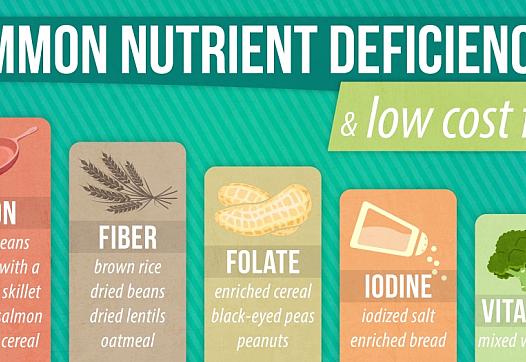
New Orleans restarted its public school system a decade ago after Hurricane Katrina. But addressing the lingering trauma and stress faced by the city's children is a huge ongoing challenge.

New Orleans restarted its public school system a decade ago after Hurricane Katrina. But addressing the lingering trauma and stress faced by the city's children is a huge ongoing challenge.

The number of children diagnosed with developmental disabilities has increased notably in the past two decades, and a growing body of science suggests that environmental pollution, stress and food insecurity are fueling the trend.

For a reporting project on food insecurity in Native American communities, finding the data was the easy, writes Lenzy Krehbiel-Burton. But finding families willing to talk candidly about the problem was much harder.

A reporter sets out to investigate the impact of the federally funded program for Women, Infants, and Children on Native families. Is the diet made possible by the program doing more harm than good in California's Native American communities?

With American Indians and Alaska Natives qualifying for federal nutrition assistance programs at higher rates, several tribes are trying to improve food access while providing an economic stimulus for their communities. That can mean new grocery stores, or lower taxes on produce.

"There were a few times when I felt I had reached a dead end," writes Patricia Wight. "I worried that my stories would be missing the critical first-person experiences needed to bring the issues surrounding obesity to life."

Nationwide, one in seven families experience food insecurity at any given point in a year. The rates are higher in Indian Country, increasing the risks for the physical effects that come with poor nutrition.

In the final installment of Patty Wight's series on poverty and obesity, she looks at the power of social stigma and bias around weight, and the lasting effects they can have on a child.

In the fourth part of Patricia Wight's series exploring the link between childhood poverty and obesity, she visits an elementary school in Portland that has developed a creative way to get kids moving. Within minutes of the school doors opening, 16 kids are in the gym, ready for indoor soccer.
As schools across the country step up efforts to provide more nutritious foods to all children, they’re also focusing on ways get them interested in trying them. And it can be particularly important for kids from low-income families, who often lack access to nutritious food at home.